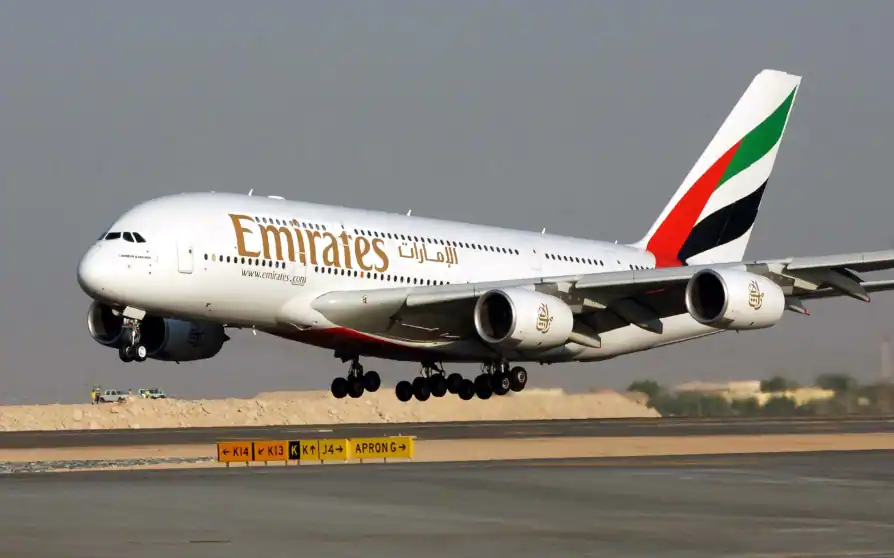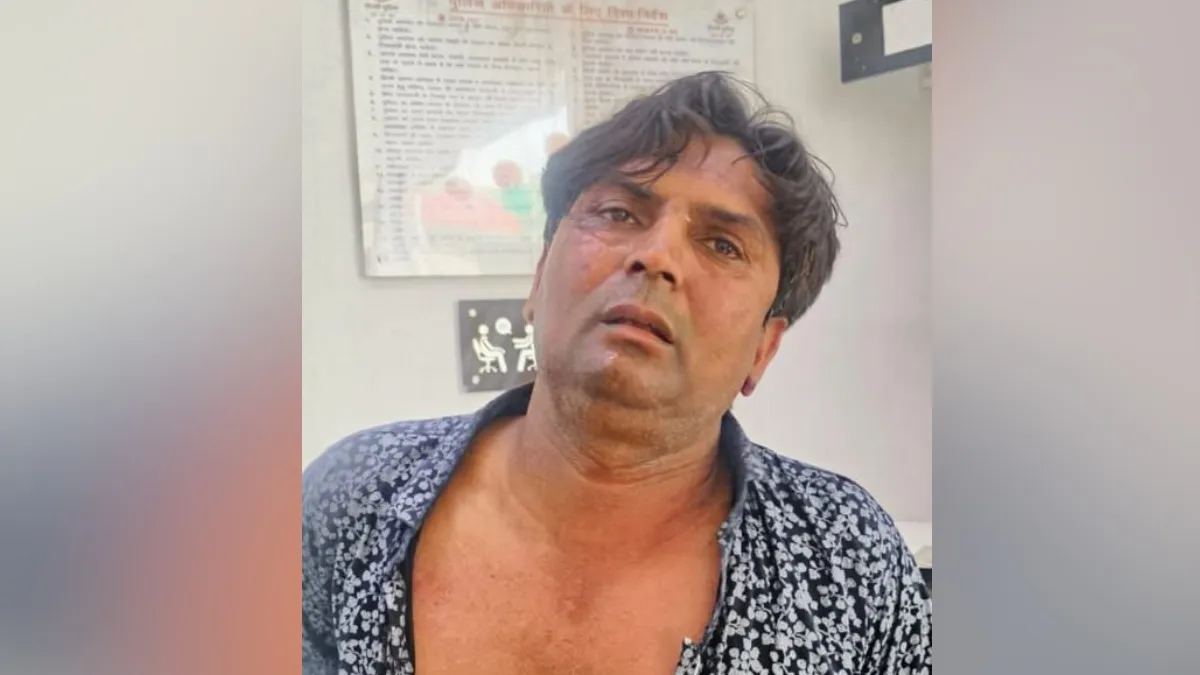Dubai, Aug 10: UAE residents flying in from India and five other nations are no longer required to present COVID-19 vaccination certificate for entry, the country's flag carrier Emirates announced on Tuesday.
All passengers with a valid UAE residence visa are allowed to travel to and through Dubai from India, Nepal, Nigeria, Pakistan, Sri Lanka and Uganda, provided they have a valid COVID-19 test certificate issued within 48 hours between the time of sample collection and scheduled flight departure, the Gulf News reported.
Dubai visa holders must apply for a pre-entry approval through the General Directorate of Residency and Foreigners Affairs (GDRFA), it said.
As Emirates airline updated its travel rules for UAE residents flying in from India, Nepal, Nigeria, Pakistan, Sri Lanka and Uganda, COVID-19 vaccination certificate is no longer stated as a requirement for entry into Dubai, the report said.
Only COVID-19 PCR (Polymerase Chain Reaction) test reports from certified labs that issue a QR code linked to the original report will be accepted.
Passengers must complete a COVID-19 PCR rapid test 4 hours before the departure of their flight. Rapid antigen test will not be accepted. Passengers must complete a COVID-19 PCR test on arrival in Dubai, the report said.
UAE nationals are exempted from these requirements but subject to COVID-19 PCR test on arrival in Dubai, it said.
Travel agents said that they have also been briefed by airlines that vaccination certificates are not being checked for allowing UAE residents to return to Dubai.
As for Etihad the second flag carrier of the UAE, the vaccination certificate of receiving both doses from within the UAE is still a requirement according to their latest travel guidelines, the report said.
Let the Truth be known. If you read VB and like VB, please be a VB Supporter and Help us deliver the Truth to one and all.
New Delhi, (PTI): The US pressure on India for its procurement of Russian crude oil is "unjustified", a senior Russian diplomat said on Wednesday.
We are confident that India-Russia energy cooperation will continue notwithstanding the external pressure, Russian Deputy Chief of Mission Roman Babushkin said.
It is a "challenging" situation for India, he said at a media briefing and added that, we have "trust" in our ties with New Delhi.
In the context of Western punitive measures against Russia, Babushkin said the sanctions are hitting those who are imposing them.
To a question, he said the role of BRICS as a stabilising force will increase amid the ongoing global turbulence.
His remarks came against the backdrop of strain in India's ties with the US following President Donald Trump doubling tariffs on Indian goods to 50 per cent that included an additional penalty of 25 percent for purchasing Russian crude oil.
US President Trump this month issued an executive order slapping an additional 25 percent tariff on Indian goods as a penalty for New Delhi's continued purchase of Russian oil.
Defending its purchase of Russian crude oil, India has been maintaining that its energy procurement is driven by national interest and market dynamics.
India turned to purchasing Russian oil sold at a discount after Western countries imposed sanctions on Moscow and shunned its supplies over its invasion of Ukraine in February, 2022.
Consequently, from a mere 1.7 percent share in total oil imports in 2019-20, Russia's share increased to 35.1 percent in 2024-25, and it is now the biggest oil supplier to India.


